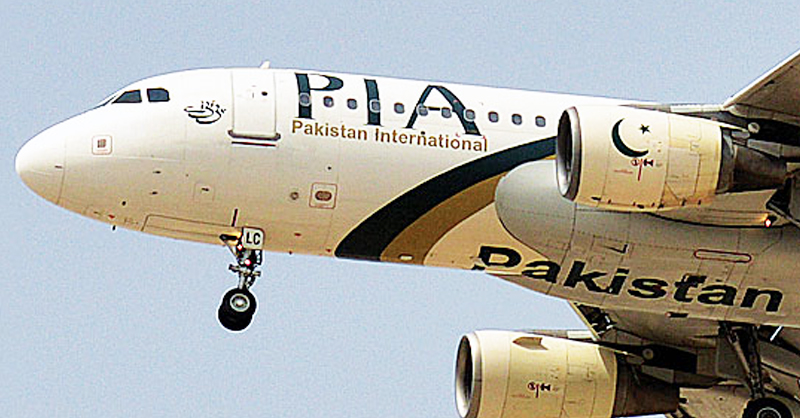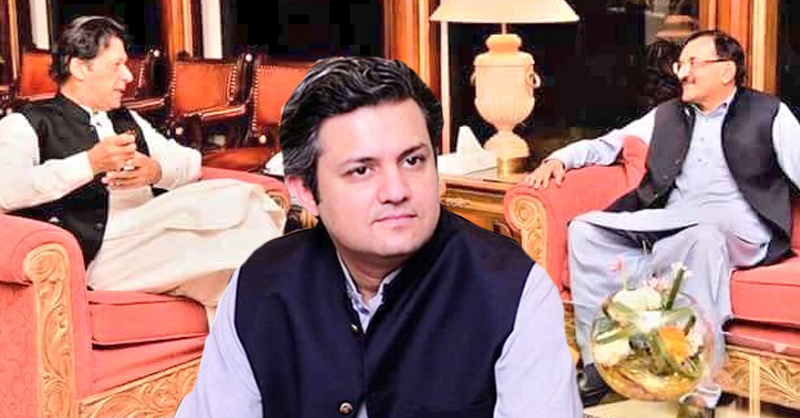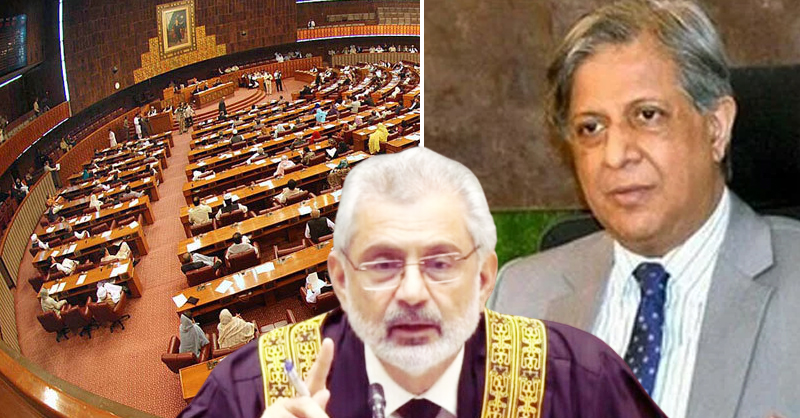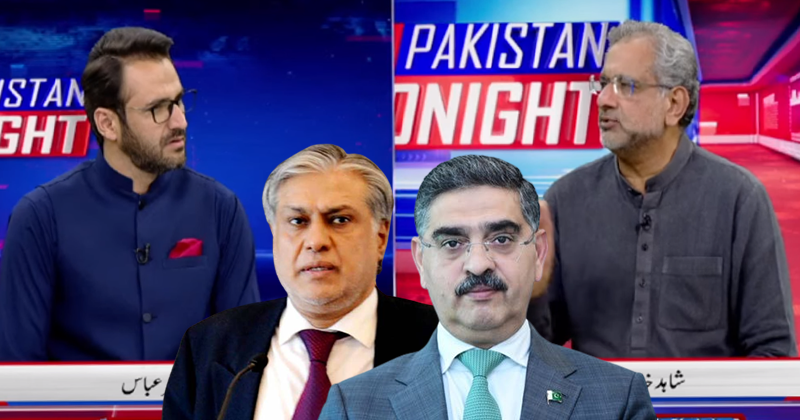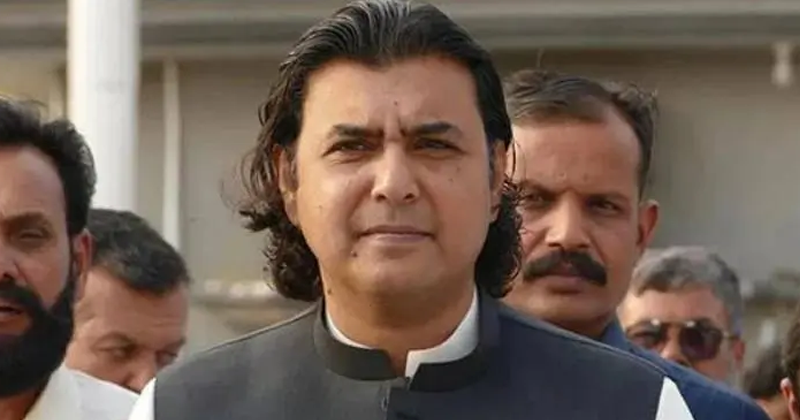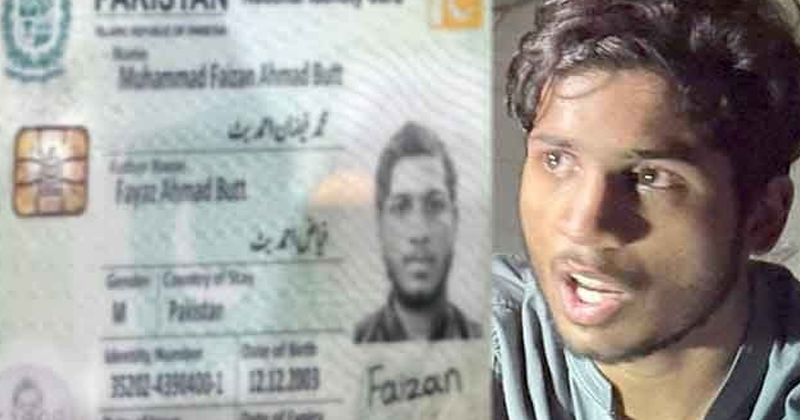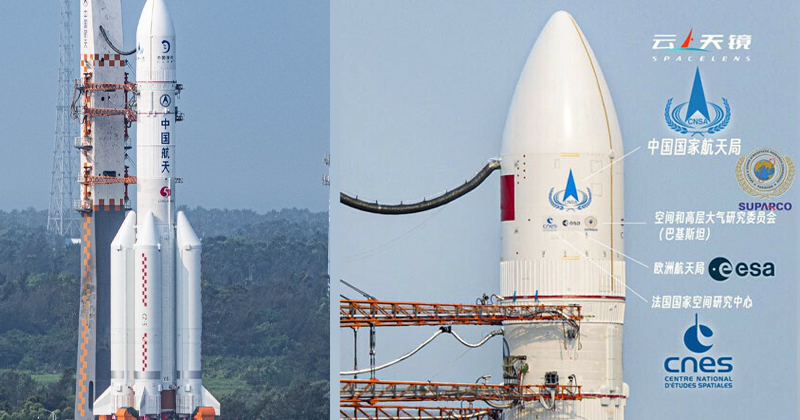Sizing up the gift horse
KHURRAM HUSAIN
KHURRAM HUSAIN

IS the investment coming in under the China-Pakistan Economic Corridor really a gift horse? And are all those voicing apprehensions about the manner in which the projects are being implemented necessarily just playing politics with the countrys destiny?
There is a long history in Pakistan of viewing assistance from abroad as some sort of gift that must not be questioned, and the benefits and the sharing of which must not be questioned. In the earliest years of the countrys history, we received a large package of assistance from the World Bank in return for agreeing to relinquish control over the waters of the three eastern rivers of the Indus river system to India.
It was a heroic moment, and Ive always believed that the Indus Waters Treaty, which enshrined that agreement, is comparable to the Radcliffe Commission in terms of its historical importance. Of course, the haste in which the latter completed its task was not there in the IWT. The former was completed in a matter of days, the latter took a decade.
The package of support that Pakistan was promised in return for its entry into the treaty included three mega dams, a massive tube well programme, in addition to a power transmission system and support in drawing up the growth programmes under the Five-Year Plans of those days.
The package was undoubtedly huge and its successful implementation made Pakistan food self-sufficient by 1970 and also laid the foundations of our power transmission and distribution system. Pakistan did not have an integrated grid in those days, and only a small spattering of power plants, with one transmission line running from Warsak Dam in Peshawar towards Rawalpindi, was the sole transmission link in the country.
Whenever we are offered material support from a powerful and wealthy country, it is a good idea to evaluate the consequences.
That was indeed a large boost and its legacy has held the country up ever since. We remain food self-sufficient to this day, and our agriculture is the fountainhead of our much remarked upon resilience, even as our population has quadrupled in the decades since that project began to be implemented.
But there was an ugly underbelly to that heroic era. Large-scale discontentment had begun to grow within the country that the fruit of the foreigners largesse were being consumed in only one wing of the country. Politics began to stir in East Pakistan very early when the language issue came up, but the economic question aggravated things to unsustainable levels.
In every forum, whether the NFC award or evaluating the Five-Year Plans on their completion, economists from the eastern wing kept pointing out the inequitable distribution inherent in the growth models being followed, as well as the larger shares of all external resources being spent in the western wing.
All of these complaints were received with the same refrain: this is just politics. In fact, referring to these grievances as just politics was a key rhetorical tool through which they were dismissed from consideration, and at one point the deputy chairman of the Planning Commission even went on Radio Pakistan and referred to the economists who were raising such concerns as enemy agents.
This is not the only example. Time and again when investment or assistance has poured in from abroad, the tendency within the country has been to rake it in with starry-eyed glee and showing obsequious gratitude of the take-whatever-you-wish-in-return variety, while ignoring the voices within the country raising concerns of their own.
Those voices warned about the inequitable sharing of resources showered upon the country in the 1960s. Others warned about the blowback from the funds coming in during the early 1980s as a dictator allied the country in a superpowers war, as well as building a strong connection with Saudi Arabia. Those voices were there again when another dictator allied the country with another superpowers war a decade later, to extricate us from the consequences of the first alliance.
None of this is to suggest that the material resources that flowed in the wake of the IWT should not have been taken. Or that Pakistan had any choice other than an alliance with America in the wake of 9/11. The point is simply that whenever we are offered material support from a powerful and wealthy country, it is a good idea to evaluate the fine print and think hard about the consequences.
The investments being offered by China do indeed have a game-changing potential for Pakistan and they should be pursued with vigour. But while doing so, it would be a good idea to not be dismissive of those raising concerns about the equitable sharing of the benefits as mere politics, and it would also be a good idea to read the fine print of the agreements. These are commercial agreements first and everything else second, and in that sense differ from the various types of bilateral support through which Pakistan has benefited in the past.
While we are busy talking about gift horses, our Chinese counterparts in these agreements are pricing in risk and evaluating their returns on equity over the shortest possible time horizon. Thats fine, its what anybody with a good head on their shoulders would do in such a situation. I wonder how much of that sort of work is being done at our end, but all we can do is wonder because precious little is being shared about the details of these projects.
It is crucially important to avoid the mistakes of the past when approaching the proposition that China is holding out for us. It is indeed a game-changing offering, with the potential to impact the countrys destiny. Whether or not it is beneficial, however, depends critically upon managing the fine print, the politics, and the demands for transparency that are swirling around the project.















